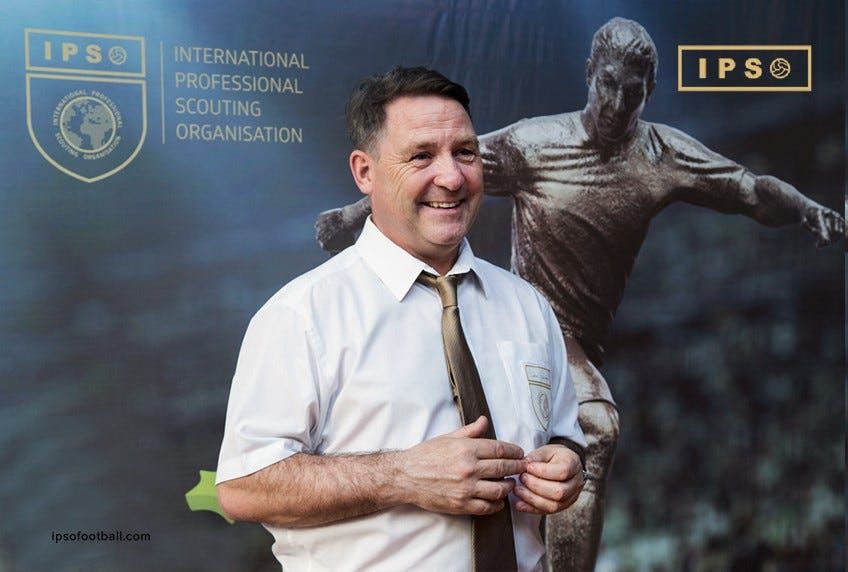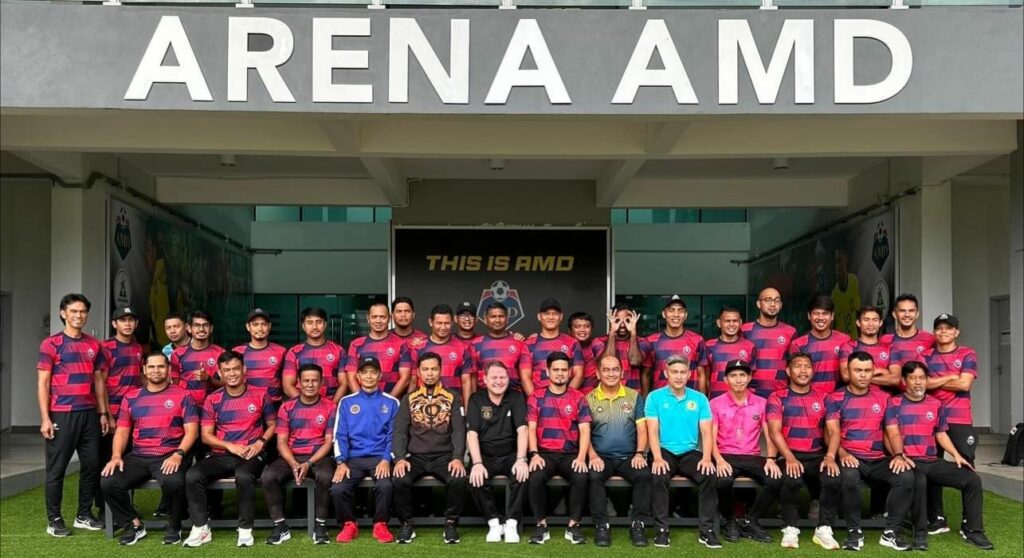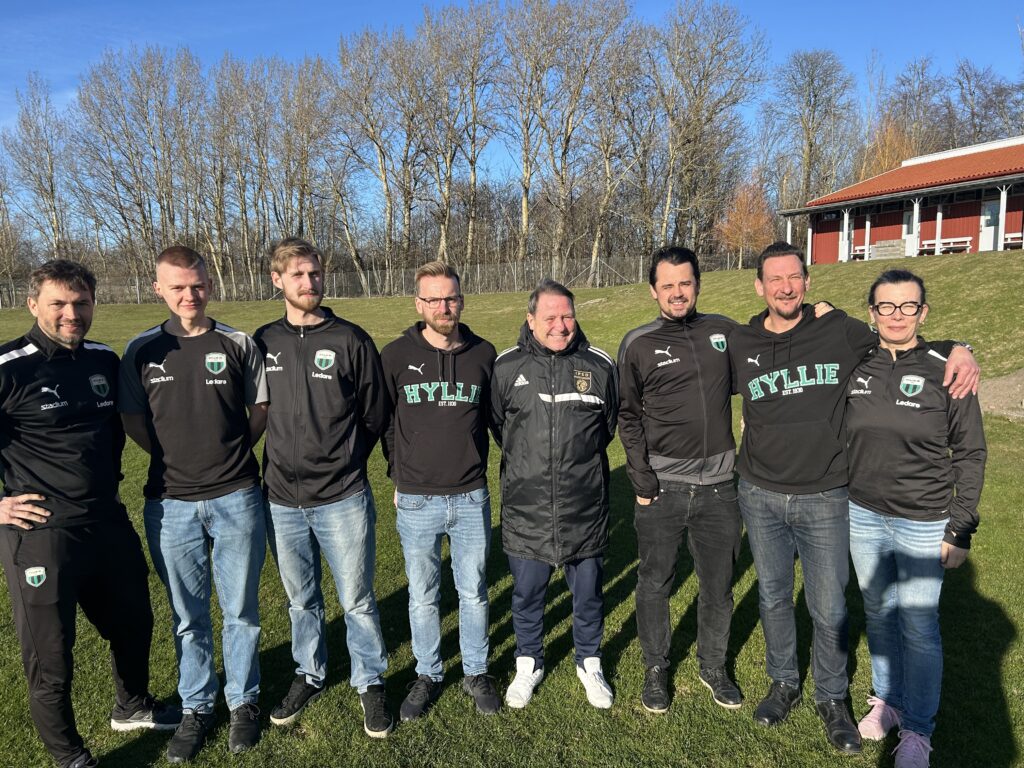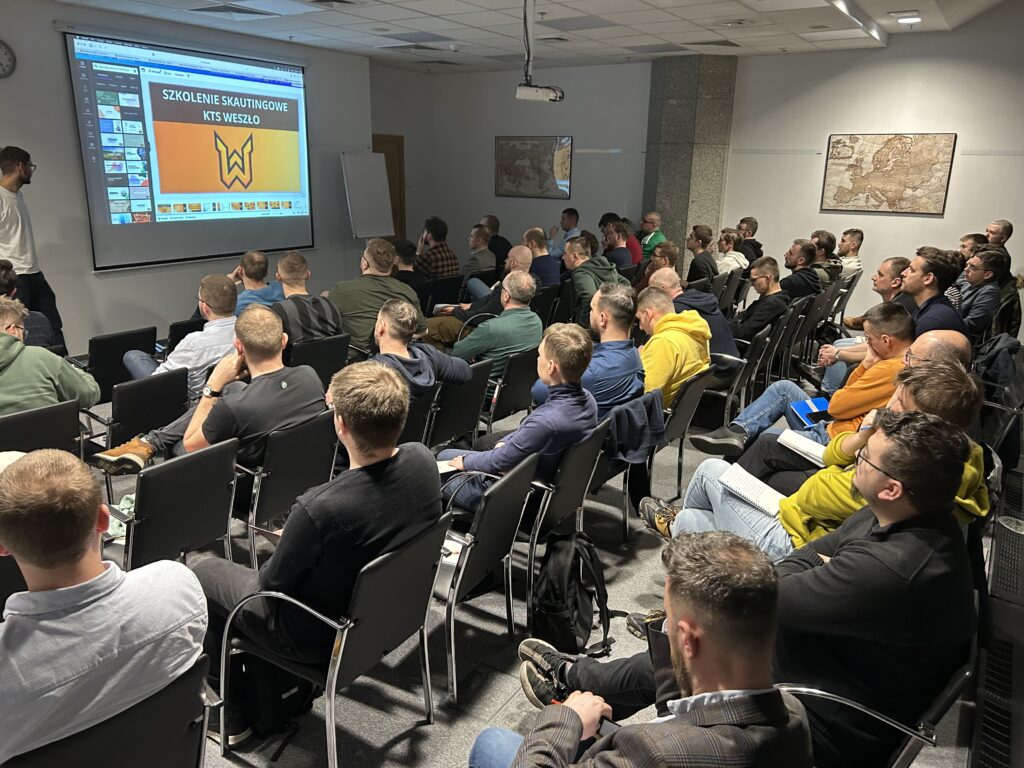To the outsider, the world of football scouting can be a complete mystery. As a more casual fan, you get told by an “In the know” journalist that your club is looking at an obscure player you’ve never heard of from the relegation zone in League 1, and then the next week you could be praising him in the ground, convinced that this new superstar is full of promise. A lot of the trust that these players have got “It” is placed in scouting networks, who spend hours poring over matches to make sure who the club pursues can be a success.
The people that teach scouts how to do their work, therefore, need to be professionals who know what they’re talking about. This is where IPSO, the International Professional Scouting Organisation, comes in. I had a conversation with Colin Chambers, one of the organisation’s directors, about how scouts are trained and why IPSO’s training equips scouts for the real world.
“When you come on our course it’s a shock, because some courses might only teach the basics. We go deep and do the job properly, leaving no stone un-turned”. Colin speaks about scouting with a passion, and has the background knowledge you’d expect from someone in his role. Our conversation swung from the tactical style of Marcelo Bielsa to the way that Lewis O’Brien, an upcoming midfielder at Huddersfield, was able to move off the ball in a match that Chambers had recently scouted. “It’s 2+2=4 compared to ‘I’m going to need a computer for this one.”
Colin, like many of the senior members of IPSO, still plies his trade in professional football scouting. As an opposition scout with Middlesbrough, he’s constantly on the lookout for those little details to see how a rival can be exploited. “That little edge can win you matches”, and it’s the job of an opposition scout to watch live matches (an honour we all wish we could have nowadays) and take live notes as the game goes on.

“You’ve got to be really knowledgeable at your job and know what you’re doing. You can’t be playing at this. You’re not looking at one player, you’ve got eleven players to analyse, you’re looking at how the team attacks and defends, you’re looking at the strengths and weaknesses, you’re looking at the units and set plays. All at the same time, without a video”. Whilst watching the matches at the ground might be a rarity nowadays, the skill and focus required to track all of these features means you need to be the best of the best at your job, with no room for error.
“If your judgement’s questioned, you’re not going to make it as a scout”. Colin’s decades of experience have shown him that the margins in scouting are tight. When the difference between “fast” and “good for pace” can fundamentally change a player’s style, there’s no room for misinterpretation, but that’s where IPSO wants to improve prospective scouts, and those with a dream within the game.
“We’re not here to make people look silly, we’re here to improve them. When they learn little things like that, like you’ve learned now, they can get better for next time. It’s the difference between a £20 million player and a £50 million player. Students will come on the course and be surprised at the detail, and they’ll come out twice the scout they started as.” I’ll admit myself that in that hour I didn’t expect to learn too much, but in that hour I didn’t just acquire new information, but new ways to look at the information I’d learned. My perspective had gradually shifted from “what” to “why”, a much more analytical and considered way of seeing things.
IPSO’s teaching is heavily based on not just classroom teaching, but all the little details needed to make a scout all they can be. Now, this ethos can be seen all over the world. IPSO have agreements with the All India Football Federation (AIFF) and the Estonian FA, having delivered courses to the Director of Football for the AIFF, who was initially skeptical about IPSO. That was until he stayed on the course for two days, transfixed after an initial curiosity that was meant to keep him in the room for just half an hour.
From not being aware of IPSO just 72 hours ago, just an hour’s chat with Colin Chambers has made me feel not just more knowledgeable about IPSO, or even scouting as a whole, but has offered me an insight into new ways to watch and think about football. Having previously held only a passing interest in football scouting, I’m seriously considering looking into scouting workshops and courses, if only for my enjoyment of watching the sport. If you have even a broad interest in how football scouting works, I’d recommend looking into IPSO workshops. You might just find yourself a new passion for the game






